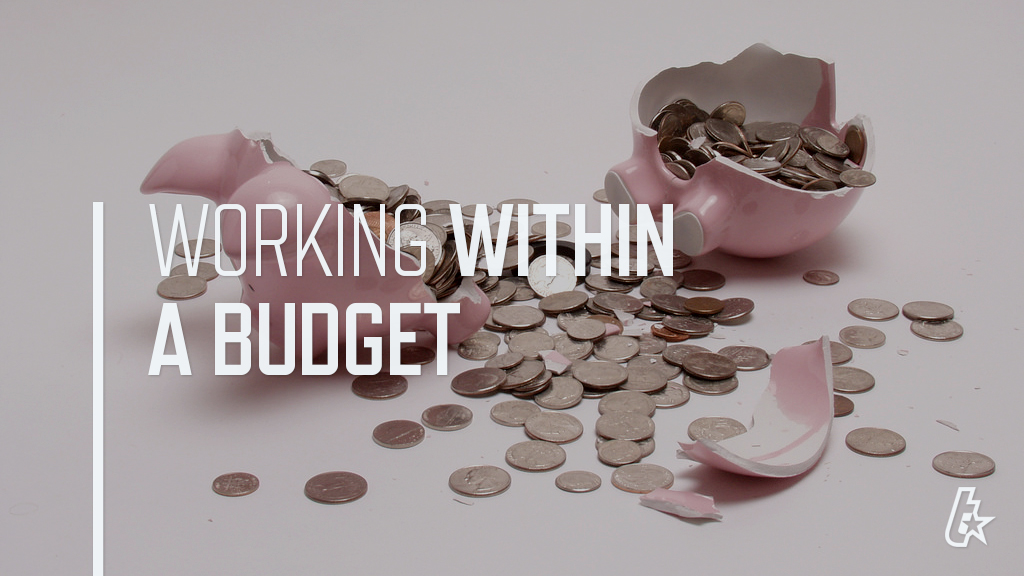Entertainment, decor, the perfect venue—it all costs money, so it’s imperative to set a realistic budget for your event prior to hashing out all the details. This should be one of the first steps when you and your team start planning your next event in order to avoid any stress caused by unexpected expenses. Plus, setting—and sticking to—a budget throughout the planning process will better help you determine the monetary success of your event when it’s all said and done. We’ve rounded up a few points to get you started.
The Main Event
While it never hurts to inject some celebrity presence into your event, make sure the entertainment you are aspiring to hire fits within your projected budget. Remember, you aren’t only paying for the artist’s services: there’s also sound and lighting techs to pay, the rider, meals, accommodation and travel costs to consider. Multiply that if you plan on having more than one performer, and it’s easy to see how quickly your entertainment costs can dig into your budget. If you plan on playing recorded music at your event, you’ll also want to consider SOCAN licensing fees. If you’re unfamiliar with SOCAN, it protects the copyright of music creators and publishers. SOCAN provides licenses that allow for music to be used legally, while also ensuring the required royalties are distributed appropriately. Visit www.socan.ca to learn more about licensing and what might be required for your event.
Get The Word Out
You’ll need to attract guests to your event, which requires advertising. Sit down with your team and form a marketing plan for the event, and determine which types of advertising will be the best fit for it and the demographic you want to reach. While social media is a great tool, and an inexpensive one at that, there are significant costs involved to place ads in print, on the radio or on television.
Gather Volunteers
Large events require staff: security, food servers, bartenders and other professional services like photography or videography. A fair wage for all of these professionals needs to be considered in your budget as well. That said, your team can look to recruit volunteers to fill roles like at-the-door ticket sales, coat check, beverage ticket sales and similar tasks.
The Extras
The large costs—entertainment, venue rental, food and drink—are easy to pinpoint at the beginning of the planning process, but there are often smaller fees that need to be considered. These fees can seem small at first, but they also quickly add up. Make sure you and your team are aware of any venue fees that are on top of your rental (linens, chairs, etc) or service charges on tickets for the event. It’s also necessary to have insurance: general liability, performers liability and Party Alcohol Liability (PAL) if you plan to serve alcohol—you’ll also need a liquor license.
Everyone wants their event to be successful, but that shouldn’t put financial strain on you or your clients. Take some time to make your budget as detailed as possible, and adjust your costs accordingly if you find you need to redistribute funds along the way—just remember to stick to the final amount agreed upon.


